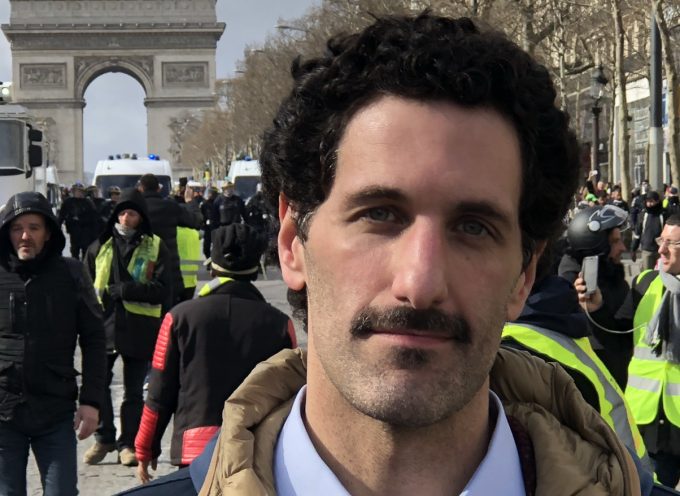Westerners and anti-socialists portray Mao (and Stalin) as something like the apex of all corruption on earth, which is flatly contradicted by actual Chinese historical fact. A 1951 anti-corruption campaign found (a Western Liberal Democracy-like) 64% of 625 cadres in eastern Jimo County guilty of corruption. Now we can rationalise that just two years of peace following decades of horrific war is not enough time to to terminate wartime insanities and to inculcate proper socialist habits and, but Mao is so revered in China precisely because he absolutely did not tolerate such poor governance of the People.
"After the Communists took power, Mao Zedong was a curse to corrupt officials in his government". Before the Cultural Revolution there was an anti-corruption campaign almost every other year. Still, without a radical change of the political culture which would empower ordinary people, all of Mao's efforts to curb official abuse fell short."
It must be said that it was not "all of Mao's efforts" Mao was simply the figurehead of this broad anti-corruption party of the CCP, or in Western terms an anti-corruption "faction".
But, again, sayin' it (proclaiming socialist revolution) and doin' it (implementing, practicing and protecting socialist revolution) is just a different thing, with just as much difference as "night" and "day":
"In a sense, the Communists built a new house on the ruins of the old with the new Revolution, but the air of the old society still permeated this new house. With the old culture largely intact, the new communist leaders who replaced the old oppressors of the village, 'slide into certain habits well-known to traditional upholders of 'law and order'".
The CCP had done a lot of redistribution of wealth, but the two pillars of Marxist thought simply cannot exist independently: redistribution of wealth is nothing without a concomitant redistribution of power and control over politics/workplaces. But the CCP did not really derive their power from politics and workplaces they derived their power from the battlefield and human hearts.
"The CCP cadres who ruled rural areas after 1949 did not derive their power from villagers. They were not elected by the villagers". Consequently, commune and village leaders were more inclined to please their patrons than respond to villagers' needs and aspirations."
The clear problem here was that villagers lacked control over their local village leader to make him or her implement their democratic will. This is exactly why a primary demand of Yellow Vests to Macron is to implement regular "RICs", Citizens' Initiative Referendums.
There is no doubt: everybody wants and needs local decision-making; but socialism is not anarchism socialism contains the non-paradox of a central organizer and planner overseeing local independence.
It was precisely this lack of local control which led to some of the problems of the Great Leap Forward: the desire by village leaders to please the central organizer despite the advice and knowledge of the local population, as I described in my book in the most simple human terms possible. This failure to implement Marxism's second pillar is truly the hardest part of socialism anyone can write a check and when socialism has collapsed it has been because of this failure.
Collectivization is good and more productive than capitalism, but only alongside Socialist Democracy, which did not fully exit pre-CR
In order to quickly prove that socialist collectivization is just as effective in promoting overall economic development as individualist capitalism, I quote myself from Part 1 this summarizes the differences between rural China in 1966 and after the Cultural Revolution in 1976:
You just read about 2 times more food and 2 times more money for the average Chinese person, 14 times more horsepower (which equates to 140 times manpower), 50 times more industrial jobs, 30 times more schools and 10 times more teachers during the CR decade in rural areas.
Collective farming and control in rural areas enormously impressive economic, industrial, agricultural and educational results during the CR: end of that discussion.
Han puts these numbers into context by honestly relating the successes and failures of collectivization from the previous era, 1949-1964:
"In essence, the collective farming was a form of mutual insurance designed to make up for the absence of other forms of social insurance." Let's remember that urban Chinese had many social insurance guarantees peasants did not.
(Note: You can view every article as one long page if you sign up as an Advocate Member, or higher).





